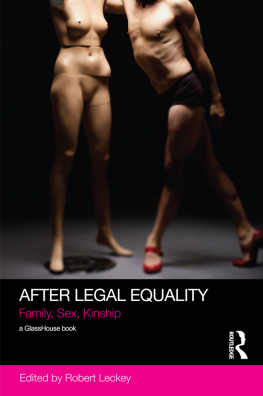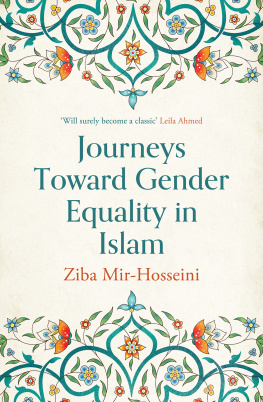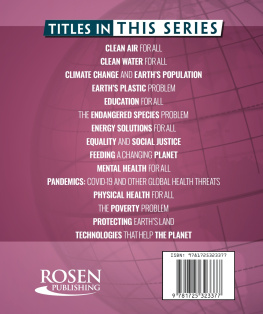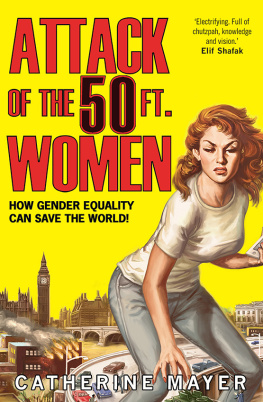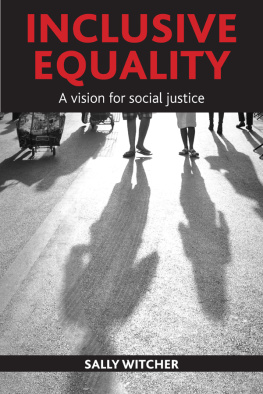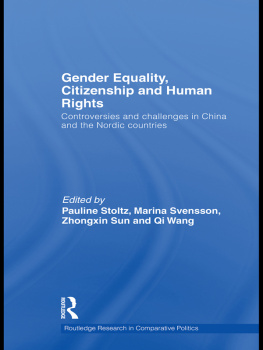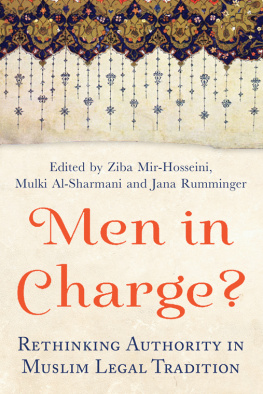After Legal Equality
Groups seeking legal equality often take a victory as the end of the line. Once judgment is granted or a law is passed, coalitions disband and life goes on in a new state of equality. Policy makers too may assume that a troublesome file is now closed. This collection arises from the urgent sense that law reforms driven by equality call for fresh lines of inquiry. In unintended ways, reforms may harm their intended beneficiaries. They may also worsen the disadvantage of other groups. Committed to tackling these important issues beyond the boundaries that often confine legal scholarship, this book pursues an interdisciplinary consideration of efforts to advance equality, as it explores the developments, challenges, and consequences that arise from law reforms aiming to deliver equality in the areas of sexuality, kinship, and family relations. With an international array of contributors, After Legal Equality: Family, Sex, Kinship will be an invaluable resource for those with interests in this area.
Robert Leckey is Associate Professor and William Dawson Scholar in the Faculty of Law, McGill University, where he conducts research in comparative family and constitutional law. He is author of Contextual Subjects: Family, State, and Relational Theory and co-editor of Queer Theory: Law, Culture, Empire.
Social Justice
Series editors: Sarah Lamble, Birkbeck College, University of London, UK, Davina Cooper, University of Kent, UK, and Sarah Keenan, SOAS, UK
Social Justice is a new, theoretically engaged, interdisciplinary series exploring the changing values, politics and institutional forms through which claims for equality, democracy and liberation are expressed, manifested and fought over in the contemporary world. The series addresses a range of contexts, from transnational political fora, to nation-state and regional controversies, to small-scale social experiments. At its heart is a concern, and inter-disciplinary engagement, with the present and future politics of power, as constituted through territory, gender, sexuality, ethnicity, economics, ecology and culture.
Foregrounding struggle, imagined alternatives and the embedding of new norms, Social Justice critically explores how change is wrought through law and governance, everyday social and bodily practices, dissident knowledges, and movements for citizenship, belonging and reinvented community.
Titles in this series:
Intersectionality and Beyond
Law, Power and the Politics of Location
Emily Grabham, Davina Cooper, Jane Krishnadas and Didi Herman (eds), 2009
Regulating Sexuality
Legal Consciousness in Lesbian and Gay Lives
Rosie Harding, 2010
Rights of Passage
Sidewalks and the Regulation of Public Flow
Nicholas Blomley, 2010
Anarchism and Sexuality
Jamie Heckert and Richard Cleminson (eds), 2011
Queer Necropolitics
Jin Haritaworn, Adi Kuntsman and Silvia Posocco (eds), 2014
After Legal Equality
Family, Sex, Kinship
Robert Leckey (ed.), 2014
Forthcoming:
Power, Politics and the Emotions
Impossible Governance?
Shona Hunter
Law, Environmental Illness and Medical Uncertainty
Tarryn Phillips
Global Justice and Desire
Queering Economy
Nikita Dhawan, Antke Engel, Christoph H. E. Holzhey and Volker Woltersdorff (eds)
Chronotopes of Law
Jurisdiction, Scale and Governance
Mariana Valverde
Protest, Property and the Commons
Lucy Finchett-Maddock
Regulating Sex After Aids
Queer Risks and Contagion Politics
Neil Cobb
Subversive Property
Law and the Production of Spaces of Belonging
Sarah Keenan
First published 2015
by Routledge
2 Park Square, Milton Park, Abingdon, Oxon, OX14 4RN
and by Routledge
711 Third Avenue, New York, NY 10017
a GlassHouse Book
Routledge is an imprint of the Taylor & Francis Group, an informa business
2015 Robert Leckey
The right of Robert Leckey to be identified as author of this work has been asserted by him in accordance with sections 77 and 78 of the Copyright, Designs and Patents Act 1988.
All rights reserved. No part of this book may be reprinted or reproduced or utilised in any form or by any electronic, mechanical, or other means, now known or hereafter invented, including photocopying and recording, or in any information storage or retrieval system, without permission in writing from the publishers.
Trademark notice: Product or corporate names may be trademarks or registered trademarks, and are used only for identification and explanation without intent to infringe.
British Library Cataloguing in Publication Data
A catalogue record for this book is available from the British Library
Library of Congress Cataloging-in-Publication Data
After legal equality: family, sex, kinship/edited by Robert Leckey.
pages cm(Social justice)
Includes bibliographical references and index.
1. Same-sex marriageLaw and legislation. 2. Gay couplesLegal status, laws, etc. 3. Equality before the law. 4. HomosexualityLaw and legislation. 5. Gay rights. 6. Queer theory. I. Leckey, Robert,editor of compilation.
K699.A84 2014
346.0168dc23
2014001223
ISBN: 978-0-415-72161-5 (hbk)
ISBN: 978-1-315-86303-0 (ebk)
Typeset in Garamond by
Florence Production Ltd, Stoodleigh, Devon
Contents
ROBERT LECKEY
JONATHAN HERRING
SUSAN B. BOYD
RICHARD COLLIER
JANET R. JAKOBSEN
KIM BROOKS
HELEN REECE
CLAIRE F.L. YOUNG
RODERICK A. FERGUSON
CATHERINE DONOVAN
ROSIE HARDING
DANIEL MONK
Susan B. Boyd is Professor of Law and holds the research Chair in Feminist Legal Studies in the Faculty of Law at Allard Hall, University of British Columbia.
Kim Brooks is Dean of the Schulich School of Law, Dalhousie University, and Senior Research Fellow in the Taxation Law and Policy Research Institute at Monash University.
Richard Collier is Professor of Law and Social Theory at Newcastle Law School, Newcastle University.
Catherine Donovan is Professor of Social Relations at the University of Sunderland.
Roderick A. Ferguson is Professor in the Department of African American Studies and the Department of Gender and Womens Studies at the University of Illinois, Chicago.
Rosie Harding is Senior Lecturer in the Birmingham Law School, University of Birmingham.
Jonathan Herring is Professor of Law, University of Oxford.
Janet R. Jakobsen is Professor of Womens Studies and Director of the Barnard Center for Research on Women at Barnard College, Columbia University.
Robert Leckey is Associate Professor and William Dawson Scholar in the Faculty of Law and Director of the Paul-Andr Crpeau Centre for Private and Comparative Law, McGill University.
Daniel Monk is Reader in Law at Birkbeck, University of London.
Helen Reece is Reader in Law at the London School of Economics.
Claire F.L. Young is Professor in the Faculty of Law at Allard Hall, University of British Columbia.
This collection emerged from a workshop called After equality: Family, sex, kinship, hosted at McGill University on 1113 April 2013. Other papers will appear, in 2015, in the Canadian Journal of Women and the Law (27(1)). Thanks are owed to the Connection Program of the Social Sciences and Humanities Research Council of Canada (file no. 61120120004), to the Paul-Andr Crpeau Centre for Private and Comparative Law and the Institute for Gender, Sexuality, and Feminist Studies, both of McGill University. Thanks also to Rgine Tremblay, Manon Berthiaume, Bethany Hastie, Iris Graham, Catherine Le Guerrier, Allison Render and Marc Roy, as well as to Colin Perrin and Rebekah Jenkins at Routledge. I gratefully acknowledge the permission granted by photographer Valerie Simmons to reproduce her image of the dancer and choreographer Jos Navas.
Next page
